Actual capture of a person or simply detention is a complex of measures carried out by law enforcement agencies, including the police. At the same time, a person loses the ability to move freely.
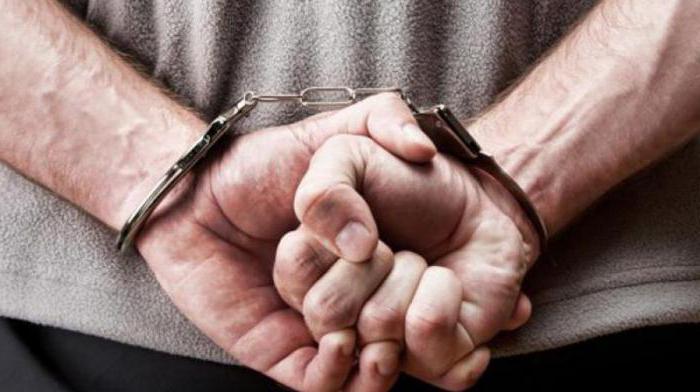
What is detention?
Detention is a term that has many interpretations.
Firstly, the detention can be characterized as an investigative action of an urgent nature. This is a restriction on a person’s freedom for a period not exceeding 72 hours. Grounds for detention, in this case, suspicion of a crime. The capture of a person is entitled to be carried out by the investigator or the body of inquiry.
Secondly, detention may be an administrative measure, as provided for in article 240 of the Criminal Code of the Russian Federation. A person who has committed an administrative violation shall be seized for a period not exceeding 3 hours.
Thirdly, in ordinary everyday language, detention is any form of restricting a person’s personal freedom. Capture is carried out in one of the ways: violent and non-violent.
Fourthly, the capture is understood as the person’s action aimed at the physical restraint of the offender with the aim of bringing him to law enforcement agencies or the authority to clarify all the circumstances.
Suspects are kept in a special room under close surveillance of the guard in the absence of a threat to health and life. According to the rules for keeping suspects established by the Russian government, norms of nutrition and medical care are set.
Detention Objectives

The grounds for the detention of a person have specific goals and they include the following:
- suppressing the possibility of the suspect to continue his criminal activity and to prevent the establishment of the true causes of the crime in a criminal case;
- suppression of the possibility of evading a suspect from criminal liability;
- suppression of concealment.
That is, detention helps to determine whether a person is involved in a certain crime. In addition, it helps to resolve the issue of the measure of restraint for the suspect.
Detention and grounds
The grounds for the detention of a citizen should, of course, be reasoned. Capture of a person is possible if there is information about facts imposing suspicions on a citizen. Article 91 part 1 of the Criminal Code of the Russian Federation consists of a list of situations in which a particular citizen may be detained.
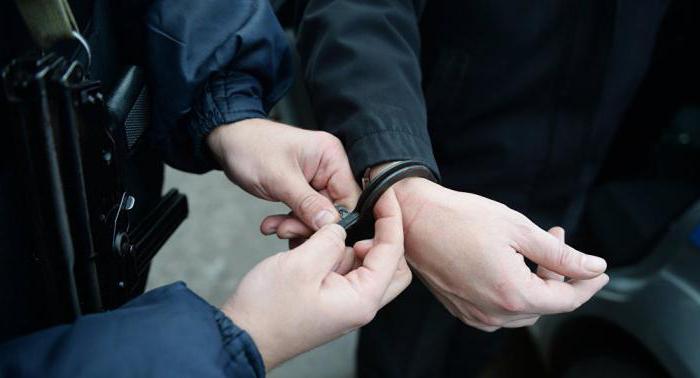
The situations include:
- the fact of the discovery of a person at the crime scene or during his commission;
- identification of the suspect from the words and descriptions of eyewitnesses or victims;
- detecting traces of a crime on the suspect’s body or clothing during a search.
According to article 91 of part 2 of the Criminal Code, the capture of a citizen is possible if there are other grounds for the procedural detention, which indicate that the suspect is directly related to the crime. In addition, concealment, evasion of liability may also constitute grounds for detention.
Detention of a person is possible only when a certain period of time can be assigned for a crime. The correct classification of a crime is the legality of forcibly taking a citizen.
Who carries out the detention?
The grounds for detention are situations in which a citizen is suspected of committing a crime. Capture is carried out only by persons entitled to make it.
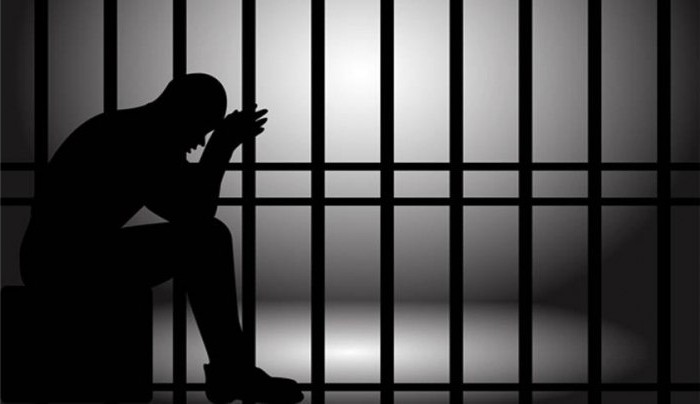
Detention can be carried out:
- Police officers, even in cases where the crime is administrative in nature. Police officers are entitled to draw up a detention protocol.
- Security officers who oversee economic, educational, financial and other enterprises.
- The employees of the military traffic inspectorate when traffic regulations are violated. Most often, the violation is administrative in nature.
- By border guards, if a person tries to illegally enter the territory of the Russian Federation, bypassing customs procedures.
- Employees of the State Drug Control, when it comes to illegal trafficking in narcotic or psychotropic substances.
- Bailiffs.
Procedure for the detention of suspects
The reason for the detention of the suspect is the fact of involvement in a certain crime. This citizen is detained and delivered to the inquiry agency. An interrogator works with him and draws up a protocol. Procedural detention should not last more than 3 hours. The act of capturing a suspect consists of several paragraphs that indicate the personal data of the person, information about the interrogator from the last name to the small details of the biography. Also, the act prescribes information about the crime, the suspect’s motives, eyewitness accounts. A detained person gets acquainted with his rights, which are prescribed in article 46 of the Code of Criminal Procedure of the Russian Federation. Signatures of two parties are required to confirm the protocol. The grounds for the detention are set out with the indication of the sources, thanks to which the identity of the suspect became known.
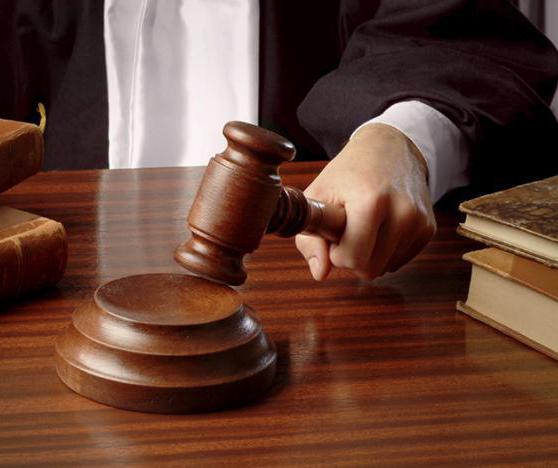
If such sources are materials from operational and search activities, then you can indicate the message received from the operational service, which clarified the circumstances of the crime. The prosecutor is informed of the detention. The report is delivered only in writing no later than 12 hours after detention.
Detention period
There are temporary periods of detention. For example, the maximum period is 48 hours. The term can be extended by court decision up to 72 hours, this is in addition to 48 hours of regular time.
Everyone knows that litigation is a long process. In court, the period of detention of a suspect may be extended if the appearance of counsel is necessary, without which no court hearing can do.
Informal rules
Informal rules help to cope with stress and eliminate difficulties during detention.
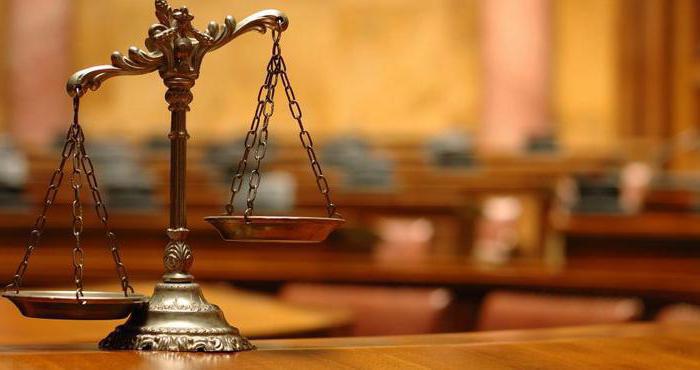
It is necessary to strictly observe a number of rules.
Nothing should ever be explained to police officers, bailiffs or investigators on their own or on their own. All these listed persons are your opponents, no matter how rude this may sound. Do not give any comments until a professional lawyer comes to your defense.
One cannot agree to the services of lawyers proposed by a prosecutor or investigator.
It is better to give evidence after a detailed consultation with a lawyer who will advise what and how to speak.
In no case should the testimonies be changed - a bad impression is created among the judges.
A lawyer should be alone in the entire trial; changing a lawyer is a bad decision.
You can not step back from the line of defense, which helps to build a lawyer, follow it at all costs.
It is important to remember that there is a constitutional right not to testify against yourself or your relatives, even if you are just a witness in a criminal case. Dangerous questions can be ignored or simply refused to be answered.
Detention of minor citizens
Consider the basis and procedure for the detention of persons under the age of 18. Detention is possible only after informing parents or guardians. In addition, the drawing up of a detention protocol is possible only in the presence of these persons. Minors can not make decisions on their own, only parents can do this.
The reasons for the detention of minor citizens are the same as in the case of the adult population.Suspects under 18 years of age are kept separately from adults. All other capture details are carried out according to general rules.
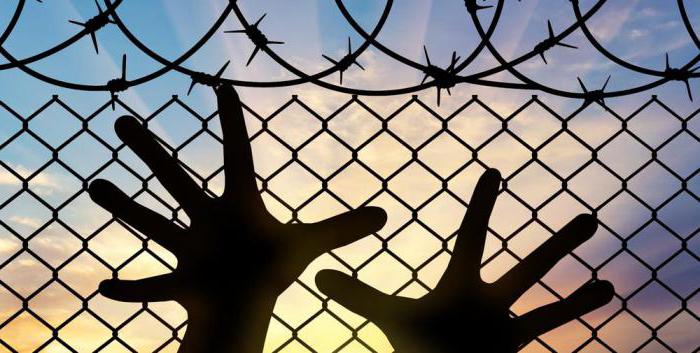
The application of criminal procedural measures in relation to a minor accused or suspect has certain specifics. This specificity is predetermined by the legal status of a minor citizen and the totality of procedural and criminal norms that govern the particularities of the proceedings.